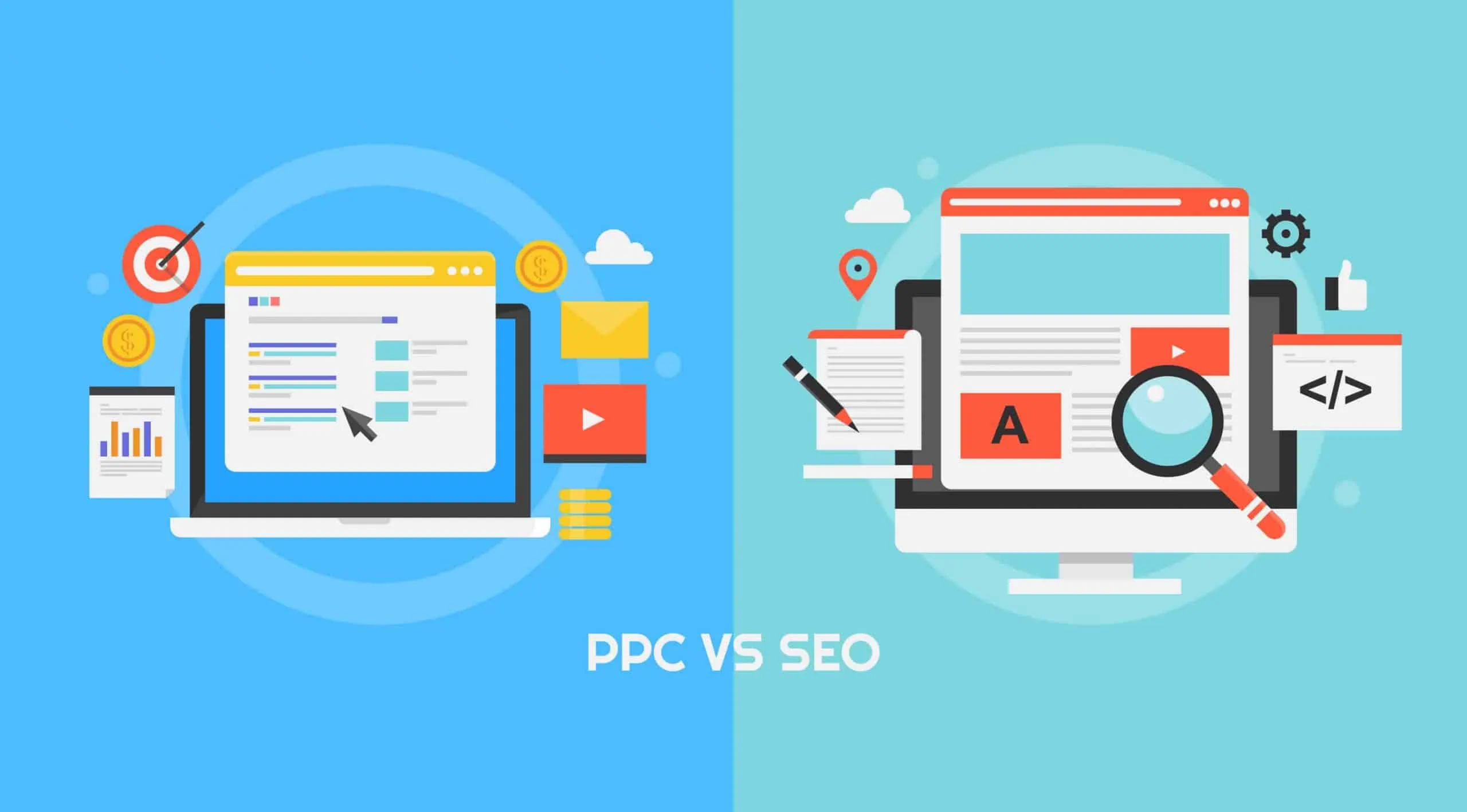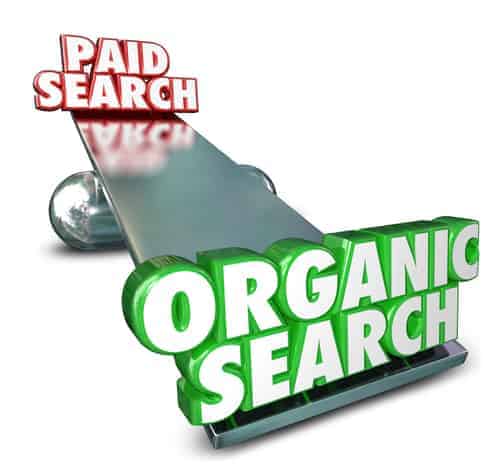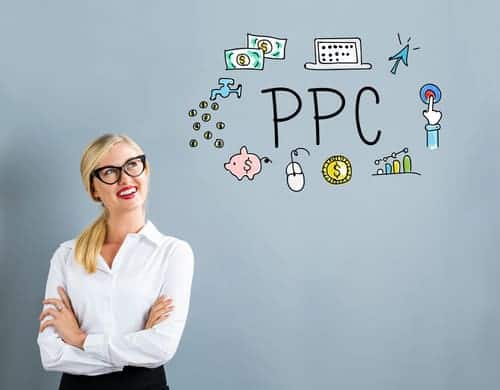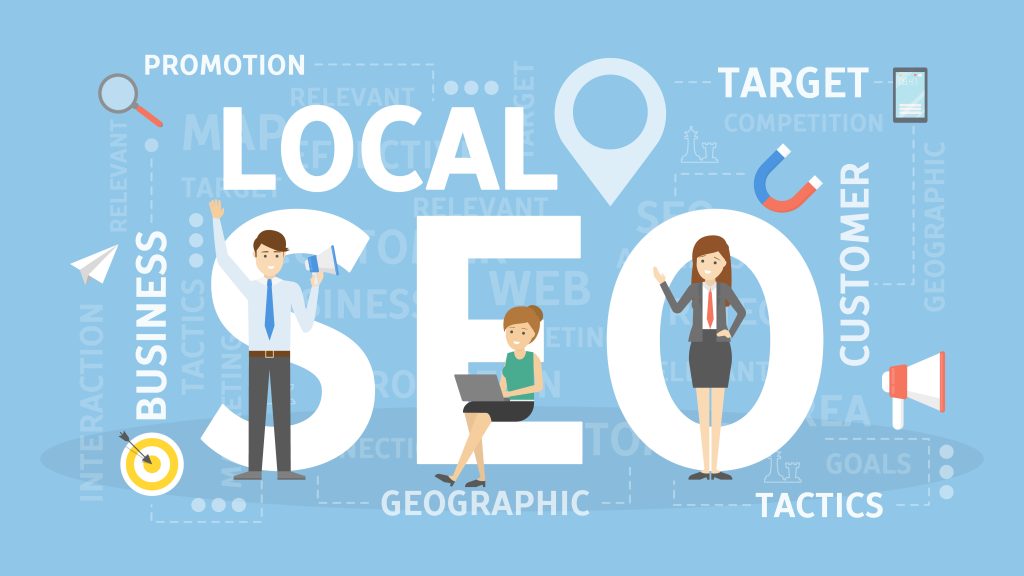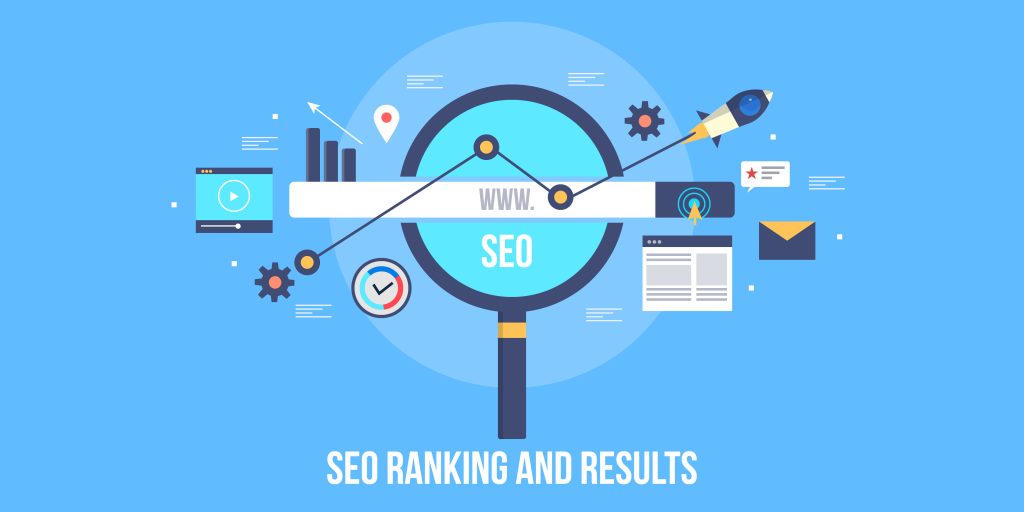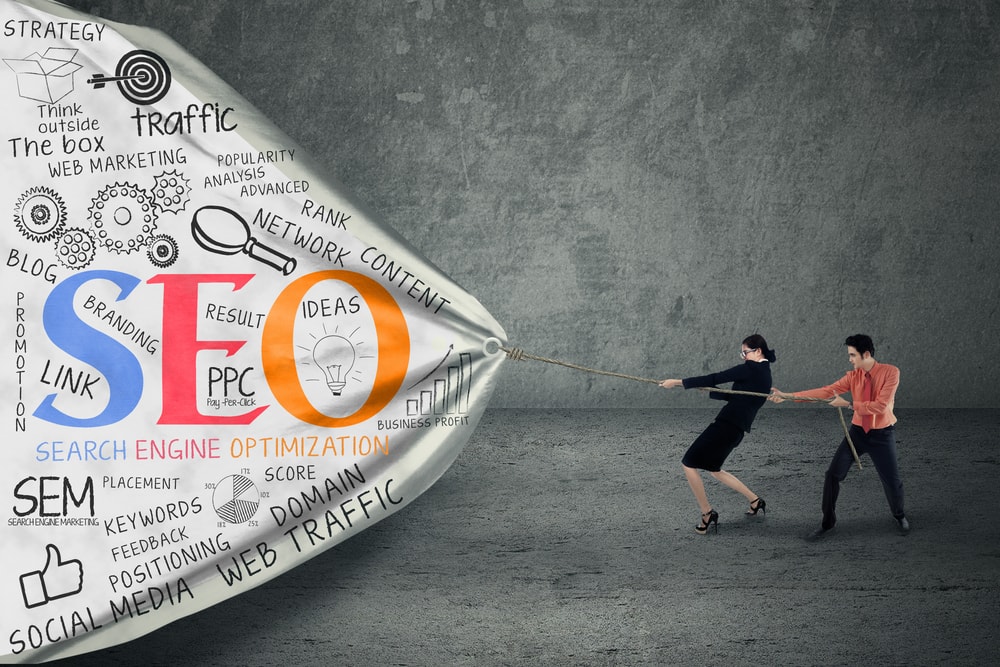Organic Vs Paid Search Results:
No matter how big your business is or what industry it’s in, establishing an online presence is vital. Today’s consumers depend on search engines to find whatever it is that they are looking for, including the products and services you offer; hence why online presence is crucial to your success.
How can you build – and improve – your presence and make sure that you are visible on Search Engine Results Pages (SERPs)? By using organic and paid search advertising. Both tactics aim to enhance your visibility, but each strategy is used differently. What’s the difference and which one will yield better results? Below, we’ll review both strategies and discuss how they can assist you with developing your online presence.
Organic Search Results Explained
When someone searches for a keyword or phrase on a search engine, the list of sites that are displayed are referred to as organic search results. Each search engine (Google, Bing, Yahoo, etc) lists (or ranks) these results based on the relevancy of the website to the words or phrases that a user searched. Organic search results are also referred to as “natural” search results because they are appear based on the quality and the content of the website.
Any traffic that comes from users who click on the link to your site when it appears in the organic search results is considered organic traffic. This type of traffic is largely believed to be the most valuable source of traffic. It’s estimated that more than 60% of the total traffic a website receives comes from organic search results. The higher a site ranks in the organic search results, the more traffic it will generate. Search engines determine how sites will be ranked based on their relevancy to keywords and terms that users search.
Search Engine Optimization and Organic Search Results
Search engine optimization (SEO) is what drives organic search results. SEO involves the use of a variety of tactics that aim to assist search engines with ranking websites based on the keywords and phrases that users are searching. In other words, the goal of SEO is to improve the relevancy of your website so that it will rank higher in the organic search results.
The following components of your websites all play an important part in SEO, and thus, your organic search results:
Content. Unique, high-quality content that is relevant to users search requests will influence the ranking of your website.
- Design. The layout of your site can make it easier to read and improve its load time; both of which can help to improve the relevancy of your site among the search engines, and thus your organic search ranking.
- Coding. There are a variety of features on the back end of your site that can be optimized and help to improve its ranking; the meta and alt-tags, for example.
Search engine optimization allows Google, Bing, Yahoo, etc to search your site with ease, which will directly affect the position of your site in the organic search results. The more people who find your site on the organic search results, the more traffic your site will receive.
Paid Search Results Explained
Paid search results (also known as paid search ads or pay-per-click ads) are advertisements. Like organic search results, paid search results also appear in the SERPs, however, these results do not appear naturally; instead, they appear because website owners have paid search engines to display the ads when users search for specific keywords and phrases. Paid search results are differentiated from organic search results on the SERPs; they are displayed on either the top, bottom, or to the right of the organic results, and they have a different appearance. Usually, they are more pronounced with shaded backgrounds and more distinct lines. Paid search results may also feature the words “ad” next to them.
Though you must pay to achieve paid search rankings, they are relevant and can help to build and improve your presence on the Web.
Pay-Per-Click Ads
Like SEO strategies, the goal of pay-per-click ads is to enhance the visibility of your website on the Internet. There is a difference, though; the focus of SEO is to improve your organic or natural results, while pay-per-click ads involve bidding on the chance to have a site displayed on the SERPs.
There are two models used for paid search results:
- Cost-per-click (CPC). The paid search aid is only paid for when a user clicks on it.
- Cost-per-thousand-impressions (CPM). You pay for the amount of impressions your ad receives. If the cost of a CPM is $3, you would pay $3 for every 1,000 impressions.
With both models, you pay to improve the visibility of your site. The benefit of this is that your website is visible the instant users search for something that you offer, which can help to increase the amount of traffic a specific landing page receives, and the amount of new leads your business obtains.
Organic Search or Paid Search: Which is Better?
While organic search results play a huge role in the visibility of your site and can help to bring in more quality traffic (people who are more likely to purchase your products and services), there is a downside: it takes time for search engines to notice and index your site, which means that it also takes time to generate traffic. Paid search results, on the other hand, immediately improve your presence; however, the quality of traffic may not be as good as the traffic directed through organic results.
Both offer distinct advantages. To really improve your visibility, it’s wise to take a combined approach and use both methods.

